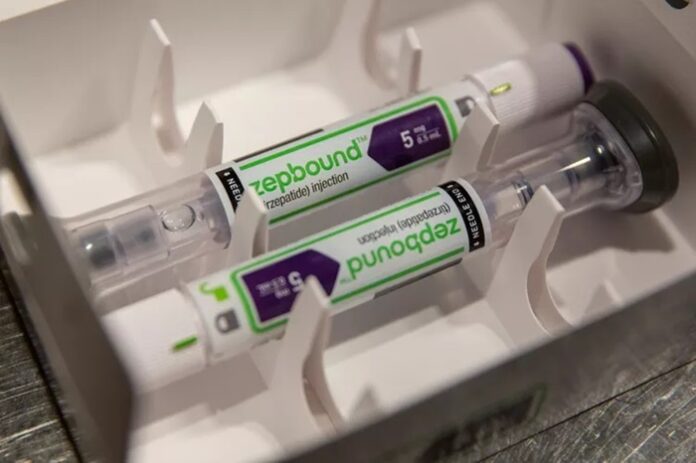New data from Eli Lilly’s SURMOUNT-1 trial reveals that nearly 99% of individuals with prediabetes and obesity or overweight who took weekly tirzepatide injections remained free of type 2 diabetes for over three years. The study marks the longest evaluation of tirzepatide, marketed as Zepbound for obesity and Mounjaro for diabetes.
As reported by verywellheath.com, the trial showed that tirzepatide reduced the risk of developing diabetes by 94% across all dose levels. For every nine people treated, one case of type 2 diabetes was prevented. Additionally, participants on the highest dose achieved an average weight loss of nearly 23%, with lower doses yielding reductions of 15.4% and 19.9%.
“These results are impressive given the degree of sustained weight reduction and decrease in risk of diabetes,” said Ania Jastreboff, MD, PhD, director of the Yale Obesity Research Center.
Long-Term Benefits Beyond Diabetes Prevention
The SURMOUNT-1 trial followed participants for up to three years, including an additional two years for those with prediabetes. Among participants taking tirzepatide, only 1.2% developed type 2 diabetes, compared to 12.6% in the placebo group. Even after a 17-week period off the medication, the diabetes rate in the tirzepatide group remained low at 2.4%.
The drug also improved glycemic control and cardiometabolic risk factors, including fasting insulin and blood pressure. Adverse effects were mostly mild to moderate gastrointestinal issues like nausea and constipation, typically occurring early in treatment.
Dual Hormone Targeting Sets Tirzepatide Apart
Unlike semaglutide, marketed as Ozempic and Wegovy, which targets the GLP-1 hormone, tirzepatide also acts on glucose-dependent insulinotropic polypeptide (GIP). Researchers attributed about half of tirzepatide’s diabetes-prevention benefits to weight loss, with the rest likely stemming from other biological effects.
Expanding Applications for GLP-1 Drugs
The trial adds to a growing body of research highlighting the broad benefits of GLP-1 drugs. In March, the FDA approved Wegovy to reduce the risk of cardiovascular events in individuals with obesity or overweight.
Eli Lilly is now pursuing FDA approval for tirzepatide to treat sleep apnea, heart failure, and chronic kidney disease. These findings underscore the drug’s potential to transform treatment for obesity-related conditions and improve overall health outcomes.























